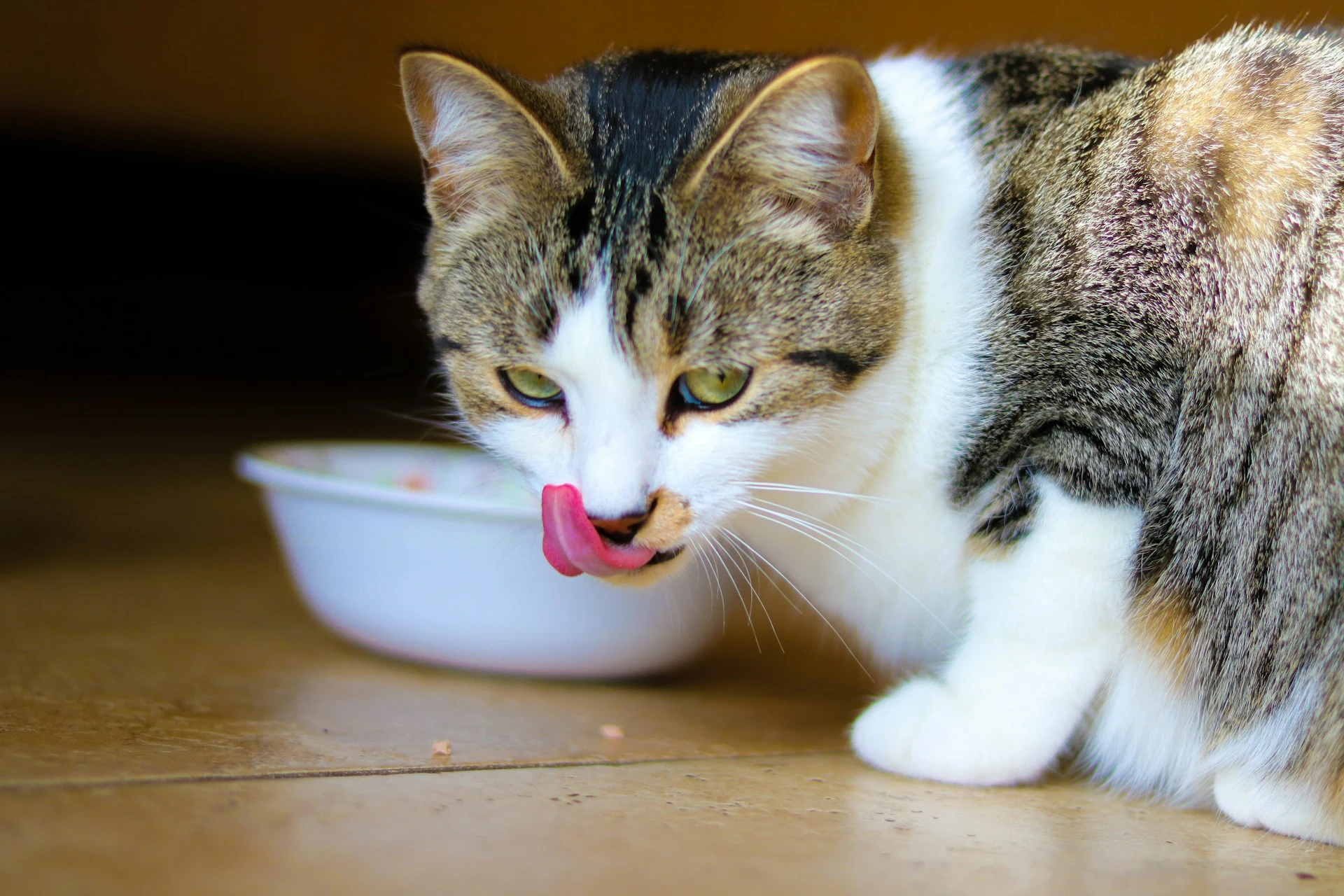Heartworms are one of the most dangerous parasites that can infest our furry friends. Dogs are most at risk, though kitties can also contract heartworms. These disgusting parasites are, if nothing else, aptly named: they inhabit dogs’ hearts, as well as their lungs and arteries. Infestations, if left untreated, are often fatal. Fortunately, there are some things you can do to protect your canine companion from heartworms. A local Norwalk, CA vet offers some advice on this below.
Parasite Preventative
First and foremost, be sure to keep your furry buddy up to date with his parasite preventative products. There are different ones to choose from, so ask your vet for specific recommendations. You may want to add a reminder alert to your phone to make sure you don’t accidentally skip a dose.
Seasonal Protection
In some places, veterinarians may only recommend keeping dogs on parasite control in warmer months. This is because heartworms are only transmitted by mosquitoes, which go dormant in winter. The odds of a pooch in Maine getting infected in January are pretty slim. Here in California, we really don’t have that buffer. Keep your canine pal protected all year round.
Fido’s Playmates
Heartworms don’t spread from dog to dog: they’ve enlisted our favorite insect, the mosquito, to transmit larvae from one dog to another, via infected blood. Try to avoid letting Fido play with pups that aren’t current on their heartworm prevention.
Know Warning Signs
Even if you diligently keep up with your pet’s parasite control, there’s still a chance of breakthrough infestations. Like most other pests, heartworms seem to be developing immunity to the products that destroy them. That’s why it’s so important to have your pooch tested regularly. It’s also good for you to know the warning signs. Some of the early ones are shortness of breath, fatigue, and reluctance to play or exercise vigorously. Fido may also start coughing, and might seem a bit wobbly. Contact your vet right away if you notice any of these things.
Mosquito Control
There really are no downsides to controlling mosquito populations: you don’t want them around anyway. Don’t let standing water collect in buckets or plant pots, and do what you can to help support mosquitos’ natural predators, such as bats.
Please reach out if ever we can be of assistance. As your Downey, CA veterinary clinic, we’re here for you!







